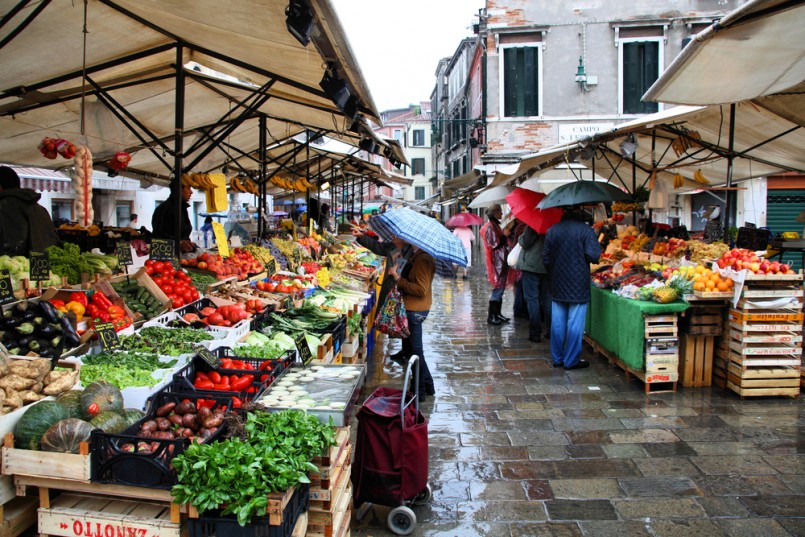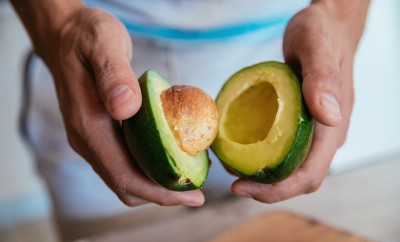Environment
The fight against food waste: Practical ways to never waste food again
Food waste is as real of a problem as climate change—and it happens to be one of climate change’s many causes. Every year, about 60 million tons of food is wasted and one of the major reasons is that it is not attractive enough to be sold. Apparently, fresh produce can’t have its cake and eat it too so the many that don’t look the part are tossed, regardless of how good they may taste.
Whole Foods is making a huge effort to give these ugly foods a home and a purpose. They are looking into an agreement with Imperfect Produce to use their food in prepared meals and smoothies offered in the store. This is a great example for other companies to follow to change the food industry. A lot of resources go into these products and more than meets the eye is being wasted when it is thrown out.
Nonetheless, the fresh fruits and vegetables aren’t the only ones finding themselves in the dumps. Massive amounts of bread and dairy are also being tossed, as a result of short expiration dates.
Here are a few easy steps to become a more conscious consumer and decrease food waste:
- Only buy what you need! Keep a list of groceries you are actually going to use. Not only will this help your bank account, but also you’re only filling your fridge with useful food, rather than clutter you won’t consume anyways! Carrying a basket instead of using a shopping cart will help you grab less off the shelves too.
- Plan ahead. Plan your meals and check what you have before you buy more food. This way, you are not buying things you already have and are getting food you will use in a full meal. This could be beneficial for your health!
- Don’t be afraid to eat or buy food that looks less than picture perfect. Your orange will taste the same whether it is all one color or if it has a small blemish! If any of your fruits are verging on overripe, rethink throwing it away and try mixing it in a smoothie with some yogurt and orange juice!
- Eat leftovers. So you’ve planned out all your meals and stuck to your shopping list but you have leftover food after you cooked it. There is nothing wrong with eating leftovers! This not only saves you time, but can help your wallet as well.
- Look to your community. See if there is anywhere you can donate food that you won’t be using. Perhaps a homeless shelter or community center is doing a food drive and could really use that pack of noodles that has been sitting in your pantry for the past few months!
The effects of decreasing food waste go beyond your kitchen. It can help your bank account, the environment, and the economy. Doing your part can really help save the world so keep that in mind next time you want to throw away your food!






0 comments